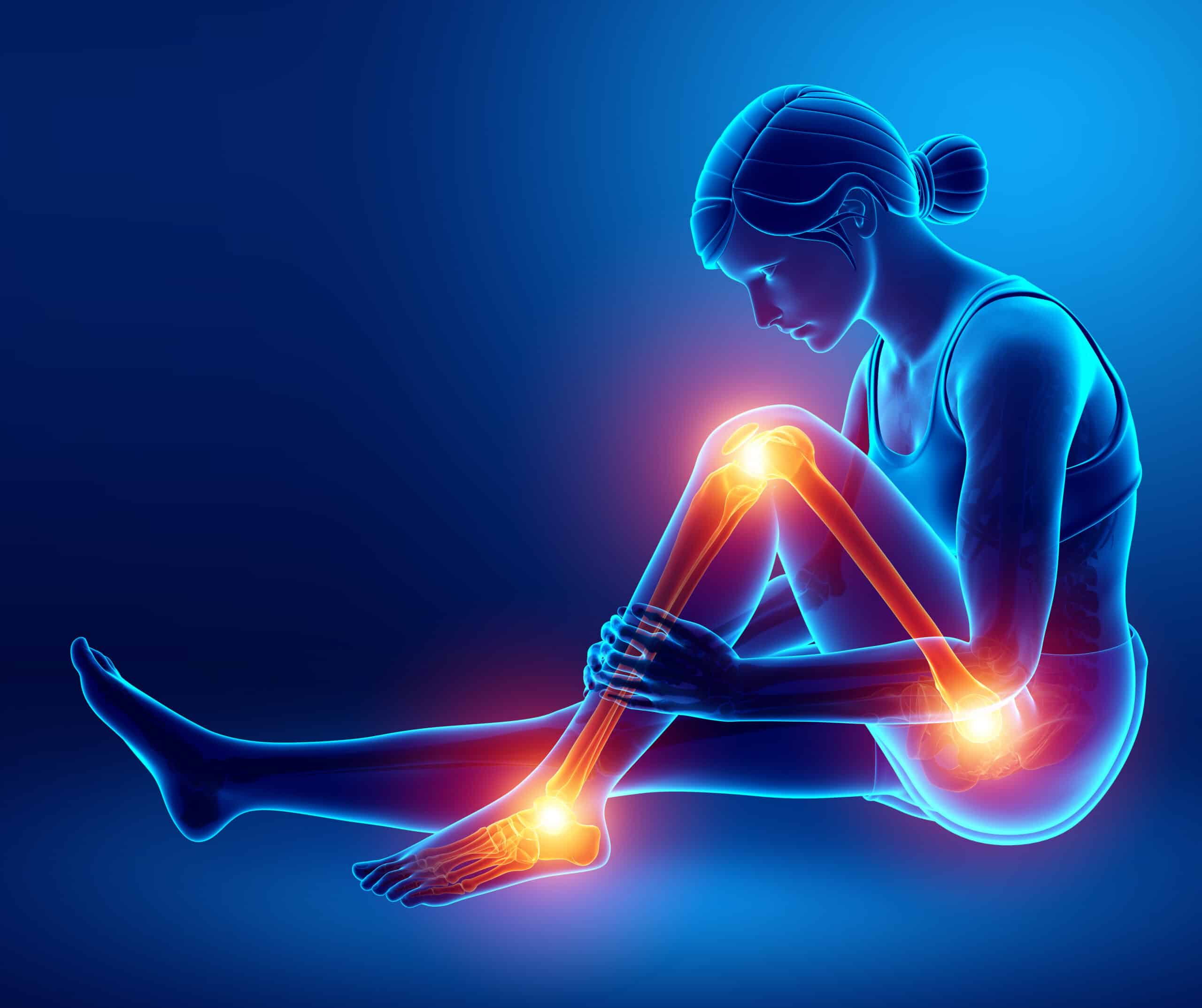Yes, lack of sleep can cause aches and pains in your body. Why? Because your body uses sleep time to regenerate and repair tissues, but these healing processes can be disrupted without enough sleep leading to inflammation and muscle tension resulting in body aches and pains.
In addition, when you don’t get enough sleep your immune system may not function at its best which can also lead to inflammation and pain.
Table of Contents
What kind of aches and pains can you get from lack of sleep?
You can experience a range of aches and pains when you lose too much sleep. Some examples are:
- Headaches – tension headaches and migraines can be triggered by lack of sleep causing head and neck pain.
- Muscle pain – without enough sleep your muscles don’t get to fully relax and recover which can lead to tension and pain.
- Joint pain – chronic sleep problems can aggravate joint point and inflammation, especially if you already have an existing condition such as arthritis.
- Back pain – while trying to find that right position to end your sleeplessness you may develop poor sleep posture or lack spinal support leading to back pain.
- Fibromyalgia – if you have this condition you know it causes widespread pain through out your body. Lack of sleep can make your symptoms worse.
- “Sleep deprivation pain” – this general feeling of achiness and tenderness throughout your body can be brought on by chronic sleep deprivation.
Lack of sleep can contribute to all the above symptoms but they may be caused by other underlying conditions as well and you should consult your doctor to know the full scope of diagnosis and treatment.
How does lack of sleep lead to pain and inflammation?
There are a few ways that your lack of sleep can cause pain and inflammation:
- Increased nerve sensitivity – Your brain relies on sleep to trigger many functions. Being deprived of sleep can increase activity in the part of your brain that regulates your nervous system and processes pain signals increasing your sensitivity to pain.
- Reduced pain tolerance – insufficient sleep also can lower you ability to tolerate pain. So while your nerves are now more sensitive to it you get a double whammy by being less able to deal with the pain than if you were well rested.
- Inflammation – Lack of sleep can cause your immune systems ability to regulate inflammation to be impaired by causing your sympathetic nerve system to become overactive. This can increase production of proteins called cytokines, such as cortisol, that help you to respond to injury, infection and stress. The raised level of these hormones can increase inflammation and may lead to chronic inflammation and pain. Over time, it can contribute to a further range of health problems.
- Muscle tension – Normally your muscles get a chance to fully relax during sleep and they recover from the previous days activity. When you don’t get that sleep they don’t get that full reset which can build tension and pain.
Pain and inflammation are only part of a range of physical and mental health issues that can come from chronic sleep loss. High quality and proper amount of sleep should be a priority for your best health and well-being.
A little more about Lack of sleep and cortisol
The role of cortisol is a balancing act. In the right amount it helps your body heal from stress or injury by suppressing inflammation.
But when levels remain high due to sleep deprivation for a prolonged period it can have the opposite effect creating a constant experience of low-level inflammation.
In addition, cortisol can have a negative impact when levels are chronically elevated. Your body goes into a catabolic state where it begins to break down muscle tissue to use as an energy source.
It can also reduce testosterone and growth hormone that promote muscle growth and repair.
Conclusion
Lack of sleep can cause your body aches and pains in prolonged cases. So, if you are experiencing more aches and pains than is usual, it’s important to ensure that you are getting enough sleep on a regular basis. Aim for 7-8 hours of sleep each night and establish a consistent sleep routine to help promote better sleep habits and reduce the likelihood of developing aches and pains due to lack of sleep. Always talk with your doctor about any underlying causes.
Sleep well,
Goodnight!

The information in today’s post is for educational and informational purposes only and is not intended to be a substitute for professional medical advice, diagnosis, or treatment. When you have questions regarding your health you should seek the advice of your health care provider.
